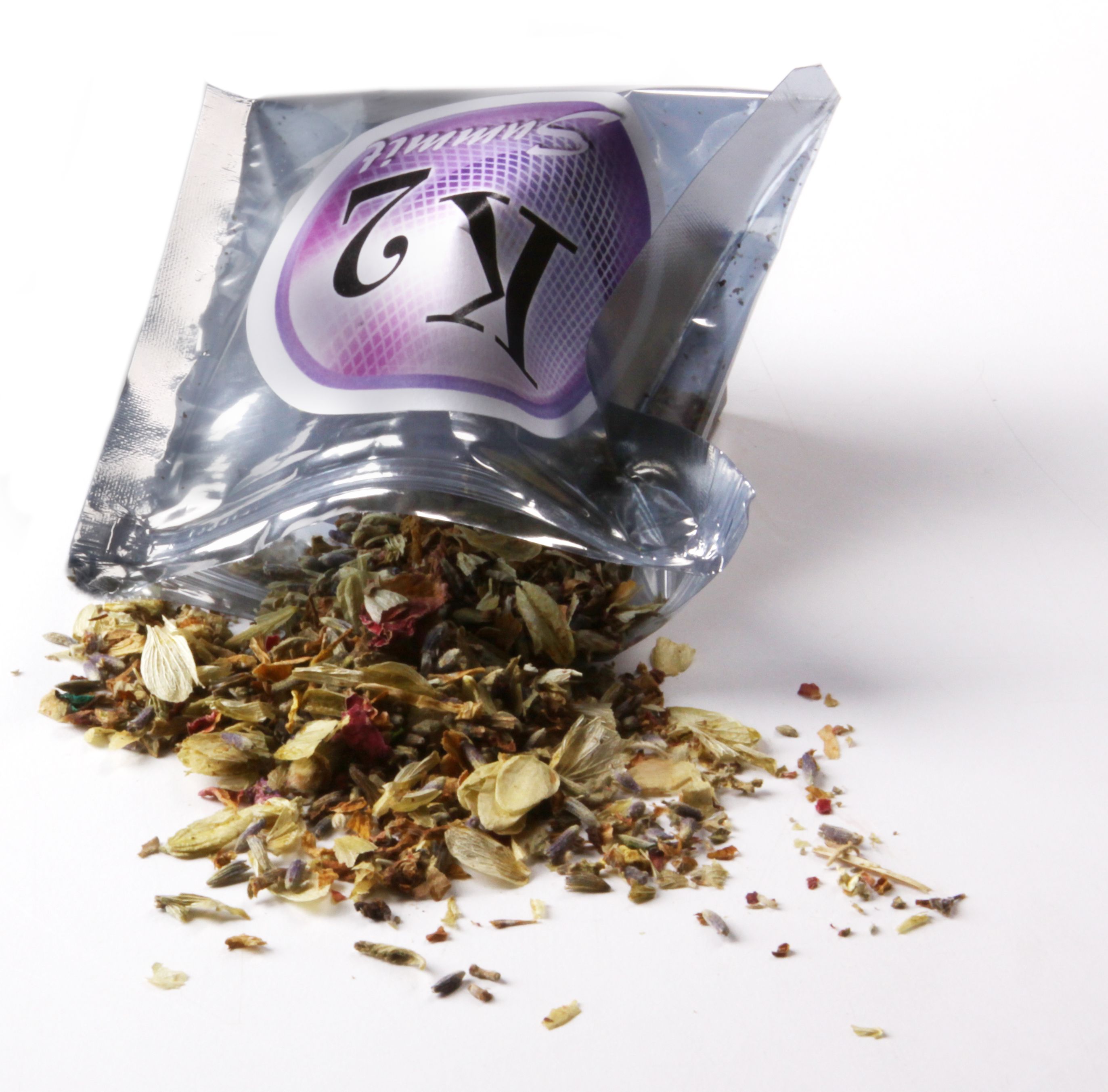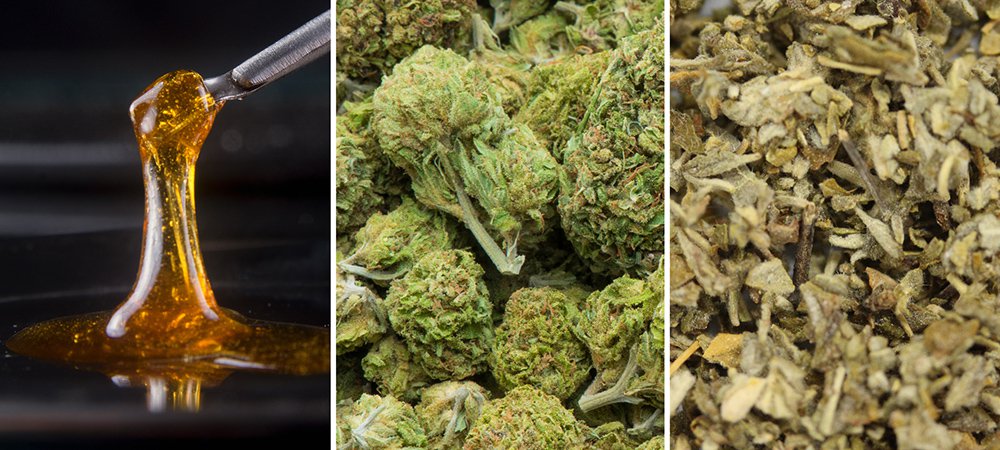Exploring the Promising Applications and Favorable Impacts of Flavor as an Artificial Cannabinoid
In recent years, the expedition of artificial cannabinoids, particularly Seasoning, has actually stimulated appealing conversations within the medical and clinical areas. As study delves much deeper right into this synthetic substance, uncovering its resemblances and differences with natural cannabinoids, a nuanced understanding of its benefits and challenges emerges.
Restorative Possible of Flavor
Checking out the restorative possibility of Seasoning, a synthetic cannabinoid, involves a vital exam of its pharmacological properties and potential clinical applications. Seasoning, additionally referred to as synthetic marijuana, connects with the endocannabinoid system in a manner similar to all-natural cannabinoids, such as those discovered in marijuana. This communication results in various physical impacts that have stimulated passion in its restorative opportunities.
Studies have suggested that Flavor may have prospective as an analgesic, helping to minimize discomfort in conditions such as neuropathic pain or persistent inflammatory pain - Buy K2 Paper For Sale. In addition, its communication with cannabinoid receptors offers a possibility for discovering its usage in handling signs and symptoms of conditions like multiple sclerosis or chemotherapy-induced queasiness and vomiting

Discomfort Management Advantages
Flavor, an artificial cannabinoid, displays encouraging possibility in pain management because of its analgesic homes and communications with the endocannabinoid system. The analgesic buildings of Seasoning stem from its ability to modulate pain perception pathways, offering relief from various types of pain, including neuropathic, inflammatory, and nociceptive pain. By targeting the endocannabinoid system, Seasoning can manage discomfort signals, lower swelling, and alleviate pain linked with persistent discomfort problems.
Research studies have shown that Spice can effectively reduce discomfort strength and boost discomfort tolerance in preclinical designs of pain. This synthetic cannabinoid has actually shown effectiveness in handling pain symptoms without creating substantial negative effects typically connected with typical discomfort medications. Additionally, Seasoning reveals prospective in minimizing opioid dependancy and abuse, offering a safer option for pain management.
Neuroprotective Characteristics
Artificial cannabinoids like Flavor have been increasingly identified for their prospective neuroprotective residential properties in reducing neuronal damages and promoting mind health and wellness. Studies recommend that these compounds might provide neuroprotection via numerous systems, consisting of antioxidant results, anti-inflammatory residential or commercial properties, and inflection of natural chemical release. By connecting with the endocannabinoid system in the brain, artificial cannabinoids can regulate neuronal task and potentially minimize the impact of neurodegenerative illness or injuries.
One trick element of the neuroprotective properties of Flavor is its capacity to modulate excitotoxicity, a procedure in which excessive excitement of nerve cells brings about cell damages or death. By controling natural chemical release and moistening excitotoxic signaling paths, synthetic cannabinoids may aid safeguard neurons from unsafe overstimulation. Additionally, the anti-inflammatory impacts of Seasoning could reduce neuroinflammation, which is commonly implicated in various neurological conditions.
Relative Evaluation With Natural Cannabinoids
In comparing the neuroprotective properties of synthetic cannabinoids like Flavor with those of all-natural cannabinoids, a nuanced evaluation of their respective impacts on neuronal health and wellness is critical. Natural cannabinoids, such as those found in the cannabis plant, have been extensively examined for their neuroprotective results. These compounds interact with the endocannabinoid system in the body, which plays an important function in preserving neuronal feature and shielding versus neurodegenerative diseases.

Regulatory and Ethical Considerations
Considering the potential effects on human health and health, an exam of regulative and honest considerations bordering making this content use of synthetic cannabinoids contrasted to all-natural cannabinoids is imperative. Artificial cannabinoids, like Flavor, present one-of-a-kind difficulties due to their frequently unidentified chemical structures and potency variants. Regulative bodies face the daunting job of staying on top of the her comment is here quick development of new artificial cannabinoid compounds, which can make it tough to impose regular and efficient policies.

To attend to these governing and moral challenges, policymakers must focus on research study into the long-term effects of synthetic cannabinoids and develop clear guidelines for their production, sale, and usage. Moreover, education projects are important to educate the public concerning the dangers linked with synthetic cannabinoids and advertise responsible intake practices. By taking aggressive measures, culture can much better protect versus the potential damages postured by synthetic cannabinoids while maintaining moral standards and securing public health.
Final Thought
Finally, the investigation into the restorative possibility of spice click here for more as an artificial cannabinoid has actually shown appealing lead to pain administration and neuroprotection. Relative analysis with natural cannabinoids recommends comparable advantages. However, governing and honest considerations must be very carefully examined before widespread use. In general, the positive effects of flavor as an artificial cannabinoid warrant additional research study and expedition in the clinical field.